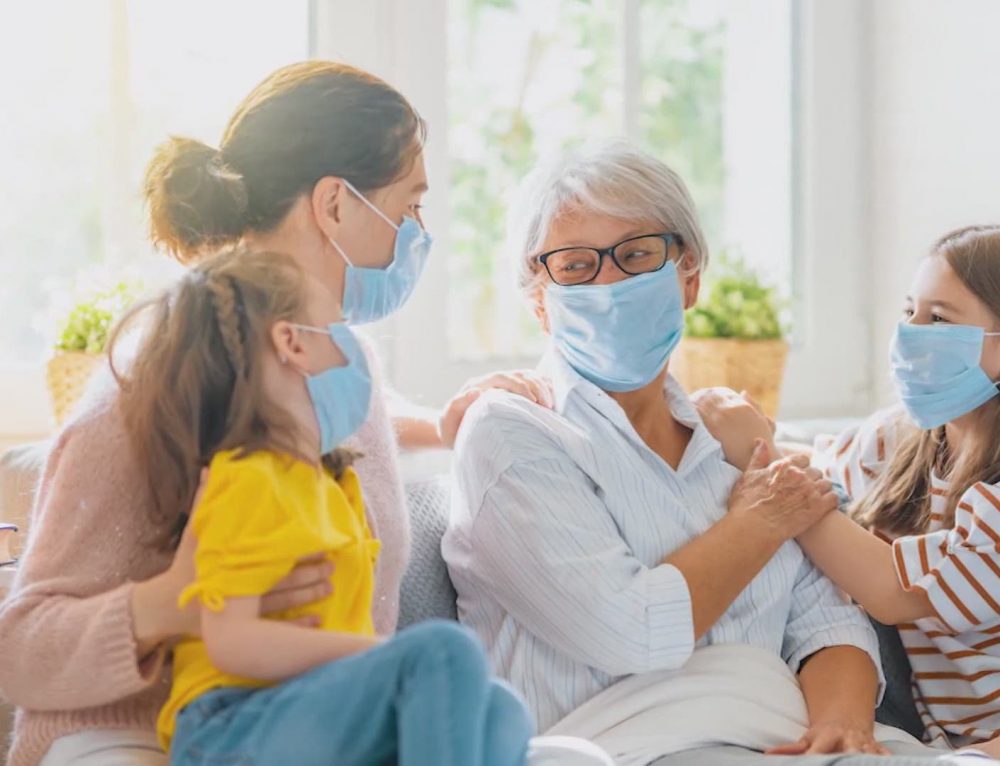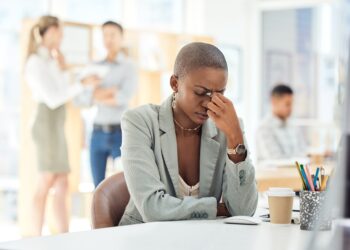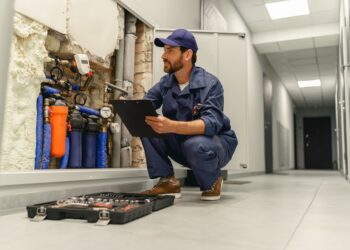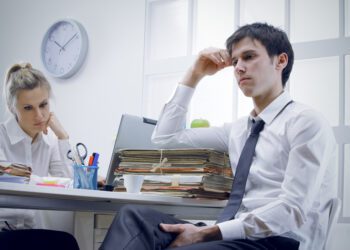Avoiding a party this holiday season could mean you can safely attend one next year.
For many, a significant period of time has passed since they’ve seen family and loved ones. The upcoming holiday season poses a complex scenario.
“Particularly with the [Pfizer] vaccine news, we’re probably trying to look to get through another six to eight months and then it’s highly likely the next Thanksgiving will be fine,” said Robert Wachter, chair of the Department of Medicine at the University of California, San Francisco. “So you really need to weigh the benefits of doing these things against the small but real possibility that you’ll get sick, and depending on your age and comorbidities, the small possibility that you could die from it.”
Here’s what the experts said they’re planning this holiday season when asked: Are you traveling for the holidays? If so, how? By plane or car?
WACHTER: No and no. I think it’s a scary time and enough of my family is here in San Francisco that we’ve decided to hunker down, but the chances of catching COVID from a single flight is low. The best estimate is about 1 in 5,000, but that varies depending on the probability of people sitting near you having the virus — so as there’s more of a surge nationally, that probability goes up.
GEORGES C. BENJAMIN, executive director of the American Public Health Association: We’re not traveling; we’re going to stay home for Thanksgiving, for sure. It is possible that my kids who live locally — my daughter and her husband, who have been living in our bubble — might join us. We’re all figuring out how we can maintain our bubble. We’re linked and isolated separately. My wife helps with her kids’ homeschooling. Otherwise we’re all working from home and the kids are doing homeschooling.
AARON GLATT, doctor at New York’s Mount Sinai South Nassau hospital and a spokesperson for the Infectious Diseases Society of America (IDSA): I think travel is safe. I work in a hospital essentially full-time so I don’t have the luxury, but I would love to travel. The traveling part isn’t a real danger. If you’re going to an area that’s a high-incident area, that’s a concern. Travel itself is fine. Traveling by car poses minimal risk if the people you travel with are all your family. If you stop at a hotel and it’s sensibly cleaned and you’re not eating in inappropriate settings and if you’re masking and distancing, I don’t think it’s a problem. Probably planes are nowhere near as risky as we originally thought, and if you’re masked and distanced and it’s a relatively short flight, you’re probably fine.
GERARDO CHOWELL, professor of epidemiology at Georgia State University’s School of Public Health: We are not going anywhere, at least for Thanksgiving, and I don’t think for Christmas yet. I think we will wait for the vaccine, but for Thanksgiving I have a brother who lives in New York and he’s planning to visit. So the plan is that he will get a PCR test the day prior or so before traveling to be sure that he is negative. He has been very careful and he’s observing very strict social distancing there so we think it’s going to be OK. He’s going to fly. I think flying is pretty safe if you wear a mask throughout the flight. It looks like it’s pretty safe.
MAIA MAJUMDER, computational epidemiologist at Boston Children’s Hospital and Harvard Medical School: My husband and I are not traveling for the holidays; instead, we will be spending Thanksgiving this year with my parents and my mother-in-law.
What are some things people could do to try to minimize risk over the holidays? Or things they should keep in mind?
ROBERT WACHTER: A lot of it depends on the state of the virus where you are. There’s really no parts of the country that are not getting worse, and the general ground rules now are clear: Inside is bad, large groups are bad, being without masks is bad, singing is worse than talking, no ventilation is bad.
AARON GLATT: The critical thing is to do things distanced. If you’re distanced, it’s definitely better. Obviously, if it’s indoors, then you definitely should be masked. If you can wear a jacket and be outside, do that. When you have indoor things with people without masks, you really have to be distanced.
GERARDO CHOWELL: I would advise to use an air purifier with a UV light. That’s also something that has been recommended by environmental health researchers. If you have a visitor, having a UV light or two in the area where you’ll be spending most of the time with your visitor, and also try to ventilate the rooms as much as possible. I think that can mitigate the concentration of potential viral particles. I think that’s going to be the new normal.












